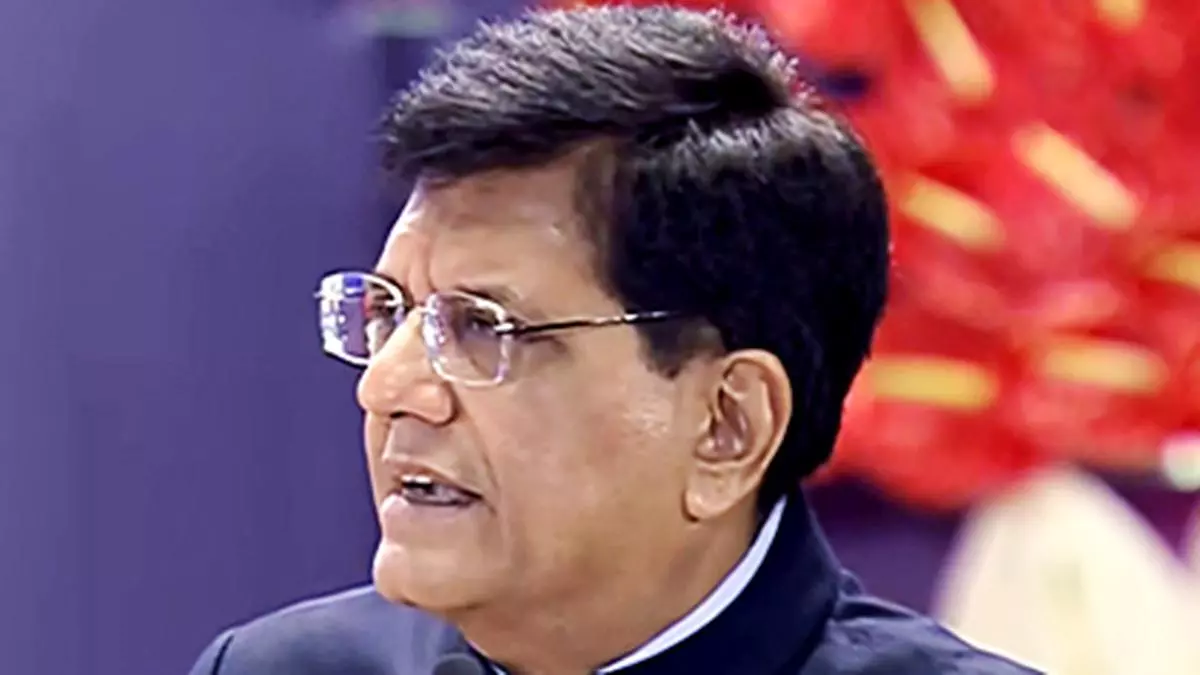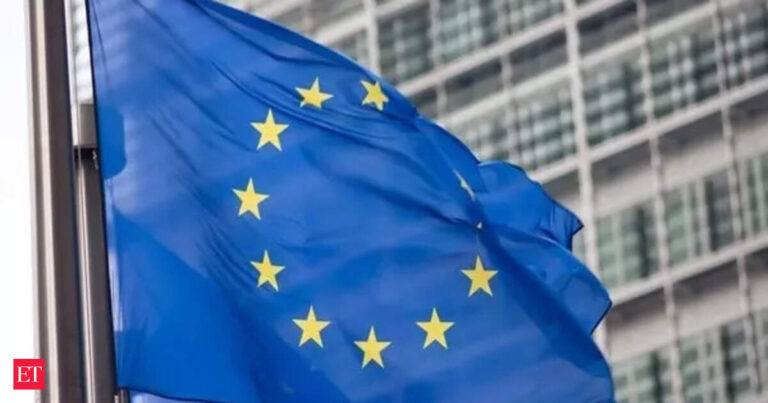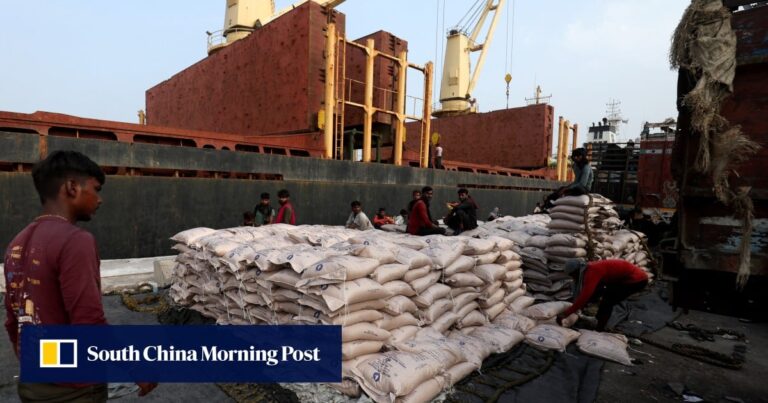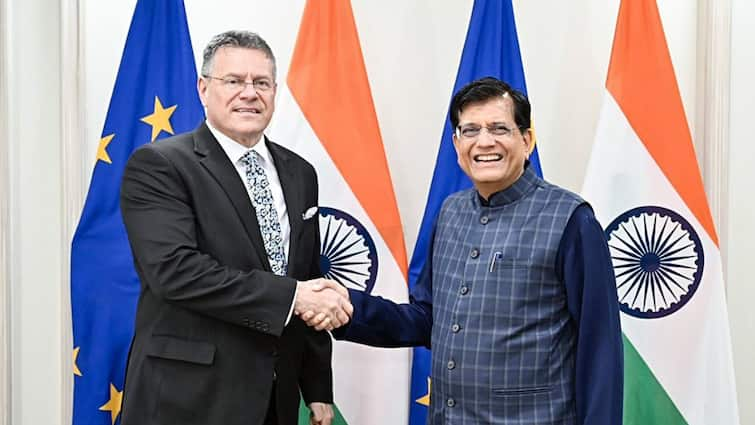
India and the EU have a better understanding of each other’s ambitions and sensitivities and there is arguably much to be gained on both sides of the proposed bilateral free trade agreement (FTA). , according to Maroš šefčovič, European Commissioner for Trade and Economic Security.
“We agreed to focus our attention on building a meaningful market access package in industrial goods and services. We aim for a win-win outcome that supports our two economies in developing clean technology supply chains that will be fit for decades to come,” Šefčovič said after a two-day high-level trade and investment dialogue days with Commerce Minister Piyush Goyal in two days in two days in Brussels over the weekend.
We discussed that we will respect each other’s economic development levels in the future and propose equitable solutions for mutual benefits, Goyal said in his statement.
“We addressed several areas that in the past seemed difficult to overcome. We are looking at simplifying the process, finding competitive ways to expand trade for the benefit of our businesses, especially MSMEs, farmers and fishermen,” Goyal said.
Last month, after Šefčovič and Goyal first met, the Ministry of Commerce issued a statement emphasizing that after nine rounds of intensive negotiations, the FTA discussions required strategic political guidance to conclude a commercially meaningful agreement and mutually beneficial, with reasonable consideration to each side’s sensitivities.
The Brussels meeting was a step forward in this direction. “We have given political direction to both teams to find a consequential, viable and result-oriented agreement between the two countries,” Goyal said.
Although average tariffs in the EU bloc of countries are much lower than those in India, non-tariff barriers are high. New Delhi has emphasized the need to lower non-tariff barriers because an FTA with the bloc would benefit Indian exporters and lead to increased market access than if these are lowered.
Positive outcomes for the EU-India trade talks in Brussels include a shared political goal to take partnership to a new win-win level and identify the path forward for an ambitious Media Platform x Monday package.
He also noted that both sides had agreed to increase the pace of negotiations for the India-EU FTA.
FTA talks between India and the EU began in 2007, but reached an impasse in 2013 over issues such as market access for specific products, particularly automobiles and wines and spirits. The talks were raised to 2022, but face problems in several areas, including rules of origin (ROO), which determine the domestic source of a product.
The main areas of negotiations include tariff reductions, improving market access for goods and services, protecting intellectual property, improving trade in services, protecting investments, government procurement, sustainability issues, including environmental and labor standards, data protection and data flow, ROO, harmonization Regulations and standards and creation of mechanisms to resolve commercial disputes.



